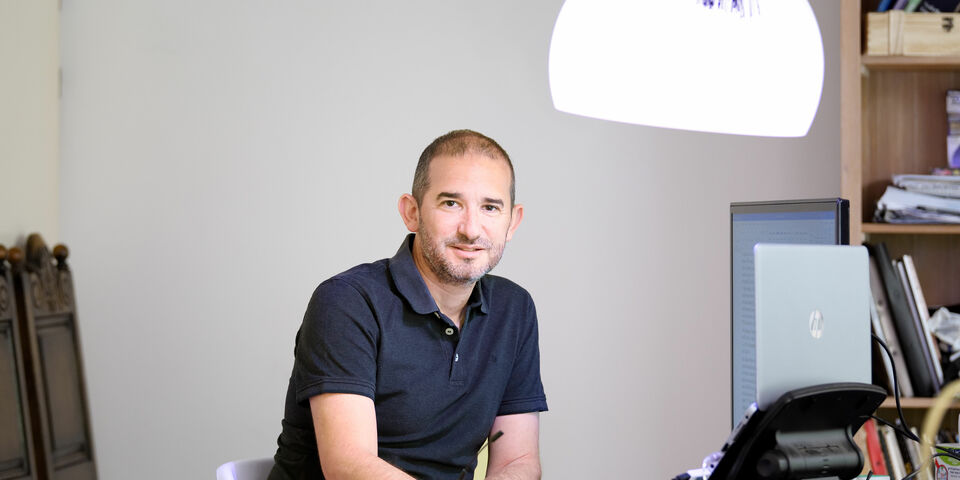Strangers in the classroom
The TU/e has been attracting growing numbers of students from outside the Netherlands. In some of the faculties these represent a substantial percentage of the total number of students (sometimes more than 50%). We are rightfully proud of attracting such a diverse population of students. This represents a vote of confidence in our university and its quality. But still, TU/e should invest significantly more effort into the integration of international students.
In the current political climate in the Netherlands, questions are raised as to the logic of training international students with Dutch tax payer money, especially so if as many as 50 percent of students leave the Netherlands upon obtaining their diploma. But this is not the entire story. International students bring with them a different set of cultural norms and values. The latest incident in a lecture I gave last week, convinced me that we are not doing enough to integrate our international students and give them the chance to explore our way of living and studying.
I dedicate my last lecture on research skills, for first year master students, to the TU/e scientific code of conduct and to the ethical dilemmas young engineers may face outside the safety of the university walls. Since I believe in having an honest and open communication with students I sent them all a message ahead of the lecture stating that, as this lecture deals with ethics, I expect them to show up: “do the right ethical thing”, was the suggestion.
And indeed aside from 10 students who emailed to apologize they had other urgent matters I had a good portion of the students, registered to the course, show up. Among them, a group of international students. I was going through my lecture and as I was using an survey in class, to poll the students ideas on different ethical dilemmas, I realized that a persistent portion of the students was not participating. In fact they were also not listening or taking notice of the lecture. When I tried jokingly to suggest they switch off their laptops and try to take part in the conversation, most of them ignored my request.
I continued the lecture (which was fun for me as I had some nice discussions with the participating students) and only came back to think about the situation at the end of the lecture when I heard from some of the other students, that my lecture was no exception. Apparently we have students in the master program who have never been really given the chance to integrate with the rest of the student population. They find comfort in connecting with students from their own diaspora, and are not taking an active role in the classroom. While it is easy to stigmatize the international students, I believe we should point the finger inwards and ask ourselves how much effort we have put into integrating the international students into our student bodies?
The TU/e wants to double the number of master diploma’s it hands out in 5-10 years. Since the demographics are well known and the affiliation of Dutch high school graduates with engineering has not seen a major change in recent years, it stands to reason that the growth will come mostly via international students.
If we don’t quickly find a way to properly integrate international students into our student bodies, we will end up with class rooms where only 20-30 percent of the students are active learners. I don’t think it would be much fun to be either a student or a teacher under these circumstances. Putting significantly more effort into the integration of international students, will not only make studying and teaching more fun, but may also increase the interest of international students to stay in the Netherlands, which will make the discussion on the internationalization of the TU/e an outdated discussion. Maybe then we will no longer have strangers in the classroom…
Oded Raz is a professor of Photonics in the Faculty of Electrical Engineering at TU/e. Views expressed are his own.


Discussion